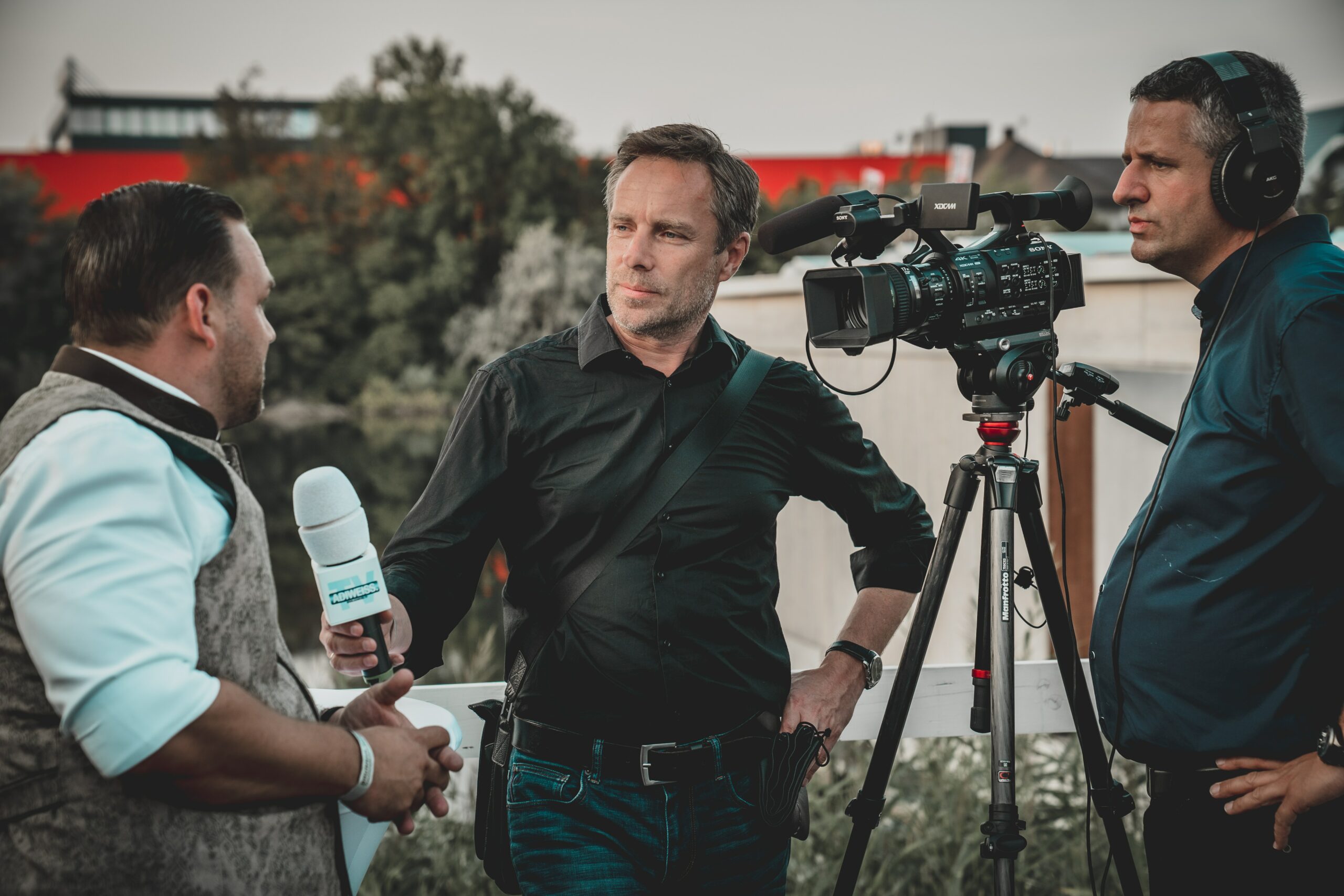So you might be considering pursuing a career as a Journalist
Deciding on a career isn’t always easy!
Choosing the right career means taking into account your personality, interests, and goals.
Further, choosing a career also need to consider earn capacity, demand for roles, and pay.
So is it worth being a journalist?
Yes, being a journalist is rewarding since it allows you to learn about a wide range of topics and meet new people every day. Working on fascinating news stories may be a lot of fun. However, finding employment is tough, and pay is low; you may also expect to work in a high-stress environment and for long hours.
There’s also a great sense of satisfaction when you are able to break a news story that would otherwise not be heard.
Being a journalist you have both the responsibility and privilege of educating the public with news stories.
You do need to be comfortable with writing and presenting. To be a journalist you also need to be prepared to work under pressure to meet deadlines.
This might mean working long hours to achieve deadlines.
With any profession, however, there are some downsides. Having your name out in the public space can lead to online bullying, online stalking, and shaming.
Being a journalist can be dangerous. Sadly, Journalists do face intimidation and violence for just doing their job.
In extreme cases they are confronted with being kidnapped, forced detention, torture and even being murdered.
Interesting being a journalist?
Yes, being a journalist is an interesting profession. Journalists conduct study and report on a variety of topics, including meeting and interviewing fascinating people and topics.
Sometimes famous people, other times it could be a policeman, truck driver, passer-by, a politician, it just depends on the story.
The topics can also vary, this makes being a journalist interesting. Topics can range from sport, science, economics, politics, sport, and entertainment.
How many hours does a journalist work a day?
The number of hours a journalist work is typically 8 hours, however, this can vary depending on the organization and what the journalist of working on.
The majority of news analysts, reporters, and journalists work full-time, with varying schedules. In order to keep up with breaking news, they may need to work extra hours or modify their schedules. Because breaking news can occur at any moment, they may be required to work evenings and weekends.
They may also work nights and weekends as news anchors or commentators.
Do journalists earn a good amount of money?
Unfortunately no. Journalists do not earn a good amount of money with the average wage being $49,300 per year
According to BLS.gov in May 2020, the median annual wages for news analysts, reporters, and journalists in the top industries in which they worked were as follows:
| Other information services | $73,300 |
| Radio and television broadcasting | $55,030 |
| Newspaper, periodical, book, and directory publishers | $37,900 |
These wages are low, considering you can be working 60 hours plus per week, including weekends.
Pay does not equal the long hours of working. So if you are wanting to become a journalist say goodbye to your social life, you won’t have time, and unlikely you will be able to afford it.
Employment of news analysts, reporters, and journalists is projected to grow 6 percent from 2020 to 2030, about as fast as the average for all occupations.
About 5,400 openings for news analysts, reporters, and journalists are projected each year, on average, over the decade.
Many of those openings are expected to result from the need to replace workers who transfer to different occupations or exit the labor force, such as to retire
Final Thoughts
Yes, being a journalist is fulfilling since it allows you to learn about a variety of topics and meet new people on a daily basis. It might be a lot of fun to work on intriguing news stories. However, obtaining work is difficult, and wages are poor; you should also expect to work in a high-stress atmosphere and work long hours.
As with any other profession, analyze yourself and understand your strengths and weaknesses before deciding on which job or career you want to choose.
Hope you enjoy this article, if you would like to learn more about being a Journalist we have other related articles
Related Articles
References
- News Analysts, Reporters, and Journalists : Occupational Outlook Handbook: : U.S. Bureau of Labor Statistics (bls.gov)


